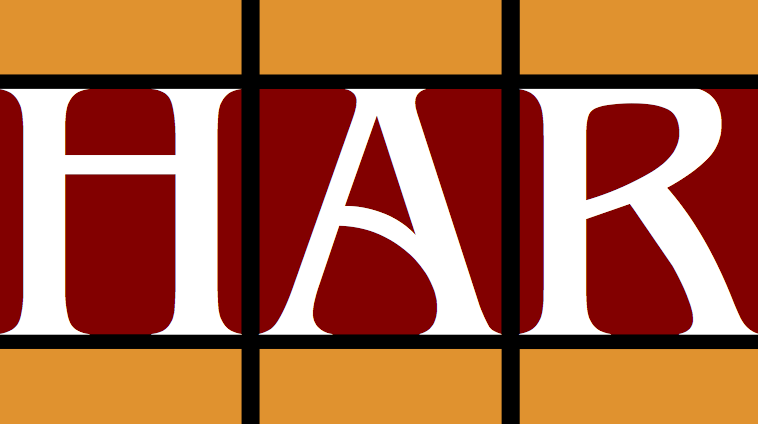'gos lo tsA ba gzhon nu dpal
... read more at

Philosophical positions of this person
"That Zhönu Pal comments on the Ratnagotravibhāga from within the tradition of meditation is also clear from his colophon: The Dharma master Drigungpa [Jigten Sumgön] rejoiced in Jé Gampopas statement that the basic text of these mahāmudrā instructions of ours is the [Ratnagotravibhāga] Mahāyānottaratantraśāstra composed by the illustrious Maitreya; and since it is evident that the notes to [his] Uttaratantra explanations, the points he makes when presenting the three dharmacakras, and also the explanations deriving from Sajjana’s heart disciple Tsen Kawoché, are [all] in accordance with mahāmudrā proper, I have relied on them and have made [this] clear to others as best as I could. (DRSM, 574.9-12)" Mathes, K., A Direct Path to the Buddha Within, p. 368.
- "The tathāgata heart’s own essence is not a nonimplicative negation but is the element of basic awareness." Brunnhölzl, K., When the Clouds Part, p. 69.
- "The determination of the ultimate as buddha nature or natural luminosity in the third dharmacakra is taken to be the direct mahāmudrā approach to the nature of mind. This approach is not really different from the emptiness of the second dharmacakra. While the analytical methods of the second dharmacakra deflate all concepts, coarse and subtle, about things, the third one purifies phenomenal appearances that hinder the proper perception of buddha nature." Mathes, K., A Direct Path to the Buddha Within, p. 373.
- "In the third dharmacakra, the scope of such a nonaffirming negation is restricted to the adventitious stains, whose lack of an own-being has been established by inferential valid cognitions. The ultimate that is beyond the intellect is taken to be the emptiness that is buddha nature, or the element of awareness." Mathes, K., A Direct Path to the Buddha Within, p. 374.
Other names
- ཡིད་བཟང་རྩེ་བ་ · other names (Tibetan)
- མགོས་ལོ་ཙཱ་བ་གཞོན་ནུ་དཔལ་ · other names (Tibetan)
- yid bzang rtse ba · other names (Wylie)
- mgos lo tsA ba gzhon nu dpal · other names (Wylie)
- 'gos lo tsā ba gzhon nu dpal · other names (Wylie)
Affiliations & relations
- Karma Kagyu · religious affiliation
- Shamarpa, 3rd · teacher
- Karmapa, 5th · teacher
- Tsong kha pa · teacher
- Rong ston shes bya kun rig · teacher
- Shamarpa, 4th · student
- Karmapa, 7th · student



